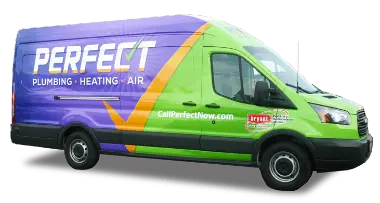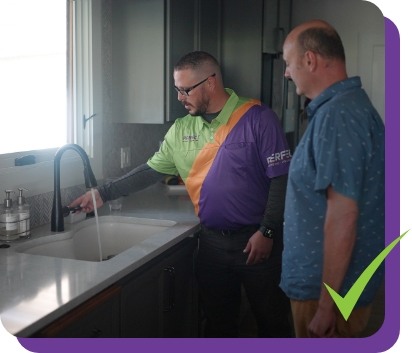Having a reliable plumber in Boise, ID, to call can make your life a lot easier. The last thing you want is to scramble when a plumbing emergency occurs. By building a good relationship with a local plumber, you’ll be able to get priority service and top-of-the-line work. This is why finding a plumber should be one of the first things you do when you move into a new home.
You don’t have to go far to find a reliable plumbing company in Boise. Perfect, Plumbing Heating & Air is the most trusted name in plumbing here in the Boise area! If you aren’t sure, we invite you to look at our reviews or even ask your neighbors who they call.
Here, at Perfect, Plumbing Heating & Air, we offer a 100% satisfaction guarantee for our plumbing services. We are committed to doing whatever it takes to make sure that you are 100% satisfied with the solutions that we’ve provided. We also promise that we will give you precisely what you asked for.



